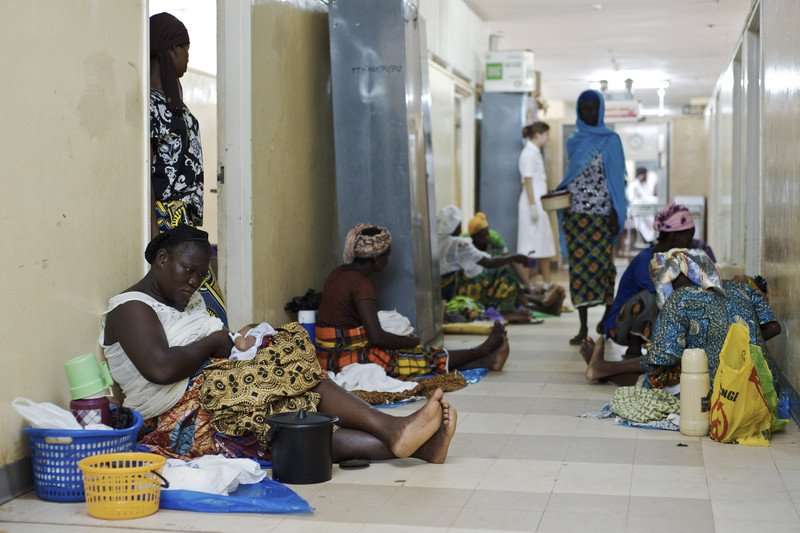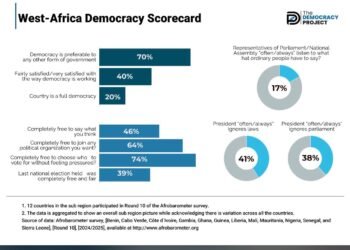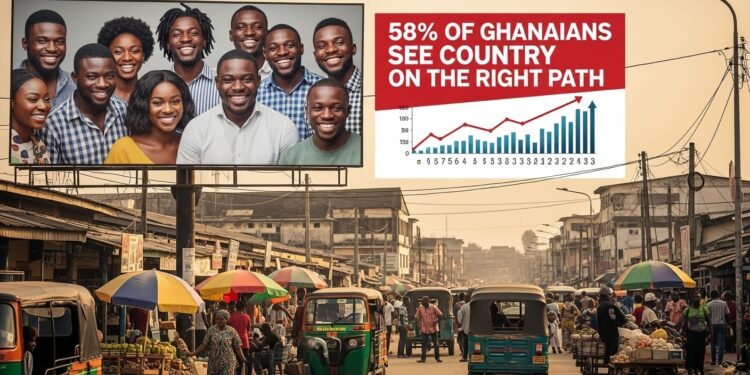Recently, the Komfo Anokye Teaching Hospital (KATH) has been in the news for its deteriorating state and unavailability of resources to function properly; this, coupled with the fact that 2,857 hospitals serve more than 33,000,000 people, emphasizes the need for additional healthcare facilities to accommodate Ghana’s growing population.
According to Statista, Ghana’s healthcare infrastructure consists primarily of public hospitals (1,625), 928 private hospitals, 220 Christian Health Association Ghana (CHAG) facilities, 79 quasi-hospitals, 2 NGO facilities, 2 Islamic hospitals, and 1 mission hospital.
The Agenda 111 initiative, Ghana’s biggest healthcare infrastructure project, by the incumbent President seeks to make Ghana’s healthcare delivery sector a robust one by building more hospitals in the various districts in the country that do not have hospitals in addition to some regional hospitals. However, the feasibility of the Agenda 111 initiative is questionable.
“There are 101 districts in the country with no district hospitals; the creation of new regions means the government has to construct six (6) regional hospitals and a befitting regional hospital for the Western region. And see to the construction of three psychiatric hospitals for the coastal, middle, and northern belts”.
H.E Akufo-Addo
In all, the 111 healthcare facilities under the project, were scheduled to be completed before the end of the President’s tenure in 2025 when he hands over office to whoever wins the 2024 Presidential election. However, nine months before the completion of his tenure, not even one of the health facilities under the project has been completed.
The Agenda 111 project though a good initiative failed to materialize because, like any other policies under various governments of the Fourth Republic, it has poor implementation due to the government’s failure to conduct a feasibility test beforehand. The government should have conducted a feasibility test to determine how this project could have been well implemented to meet the healthcare needs of the country.
The Agenda 111 initiative vision if achieved, has the potential of completely turbocharging healthcare delivery and increasing access to quality healthcare services in the country while equally solving issues of unemployment of healthcare workers and creating more jobs for non-health workers like administrative staff.
Ghana’s Economy Vis-à-vis Agenda 111
However, the question the project now faces is, how feasible it is considering the country’s economic challenges at the time? In retrospect, the project which is estimated to cost the government a whopping sum of US$ 1.76 billion was initiated at a time when the country was still dealing with COVID-19 and had less than enough resources to engage in a project of such magnitude.
For a country that relies so much on external loans and donations for annual budget support, this was quite a bold and ambitious step. While it is an irrefutable fact that the country’s healthcare sector needs a boost, it is also a known fact that the country has since the COVID-19 pandemic suffered an economic downturn. The size of the project is therefore too huge for the government to undertake.
“I don’t know what survey was done before the hospitals were being put in, but most of them are at a certain stage of completion. One would have thought that they would start with what they can do and finish…so, if you can do 40 hospitals, finish and open them, then you start another. But you spread to 80 hospitals, the time they leave office, I don’t think many of them would have been completed.”
John Dramani Mahama
Accordingly, an alternative would have been for the government to focus on improving existing and deteriorating healthcare facilities, notably the demolished La General Hospital and the KATH, and adding a few new ones in regions and districts where they are most needed considering the country’s financial capability.
The Agenda 111 project would have benefitted Ghanaians more if a few facilities were completed rather than leaving more than 80 uncompleted facilities in limbo while issues of the healthcare sector persist and more and more Ghanaians lack access to healthcare services.
Conclusively, given the history of abandoned projects in Ghana, it is not improbable to assume that should the incumbent government-forming party, the NPP, fail to retain power in the 2024 Presidential election, the Agenda 111 project will be abandoned.
READ ALSO: Ghana On The Path To Economic Recovery























